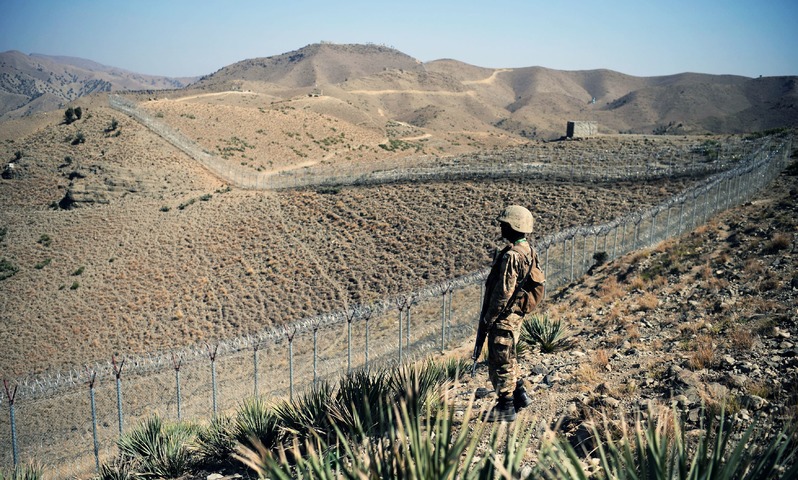In a region historically defined by porous frontiers and shared heritage, Pakistan and Afghanistan stand as two nations bound by deep cultural, linguistic, and tribal ties. Yet, in today’s rapidly shifting geopolitical climate, these very connections also present one of Pakistan’s most complex policy challenges: how to uphold brotherhood while enforcing sovereignty.
For over four decades, Pakistan has been a primary host for Afghan refugees, offering shelter and support during times of war, political upheaval, and humanitarian crises. From the 1980s Soviet invasion to the post-2001 conflict and the more recent transition of power in Kabul, Pakistan has opened its borders in good faith, absorbing one of the world’s largest and longest-running refugee populations.
However, generosity has its limits, especially when national security and internal stability are at stake. With increasing cross-border threats, smuggling concerns, and the need to manage demographic shifts, Pakistan’s leadership has rightfully placed border regulation at the heart of its internal security agenda. The Illegal Foreigners Repatriation Plan (IFRP), now being rolled out in phases, is not a sudden pivot but a long-term strategy grounded in Pakistan’s sovereign right to regulate entry and maintain order within its borders.
What critics often overlook is that this policy is not anti-Afghan it’s pro-stability. Pakistan continues to distinguish between legitimate asylum seekers and those who may exploit legal gray areas to remain without documentation. The distinction is vital, not just for national security but also for the integrity of Pakistan’s longstanding humanitarian legacy.
Still, executing this balancing act is no easy feat. Every enforcement move must be weighed against its humanitarian optics. The image of Afghans fearing arrest or displacement stirs international concern, but what’s often missing from the narrative is the internal pressure Pakistan faces—economic strains, infrastructural limitations, and the need to ensure the safety of its own citizens.
Foreign Office spokesperson Shafqat Ali Khan emphasized this careful coordination, clarifying that the repatriation process involves collaboration with all relevant stakeholders. The message is clear: Pakistan is not closing its heart to its neighbors; it is simply drawing the line where it must to preserve internal order while continuing to respect its regional responsibilities.
In the end, this is not a story of hostility but of hard choices. Between borders and brotherhood lies a space where policy must be both firm and compassionate where history informs strategy, but sovereignty defines the path forward.


